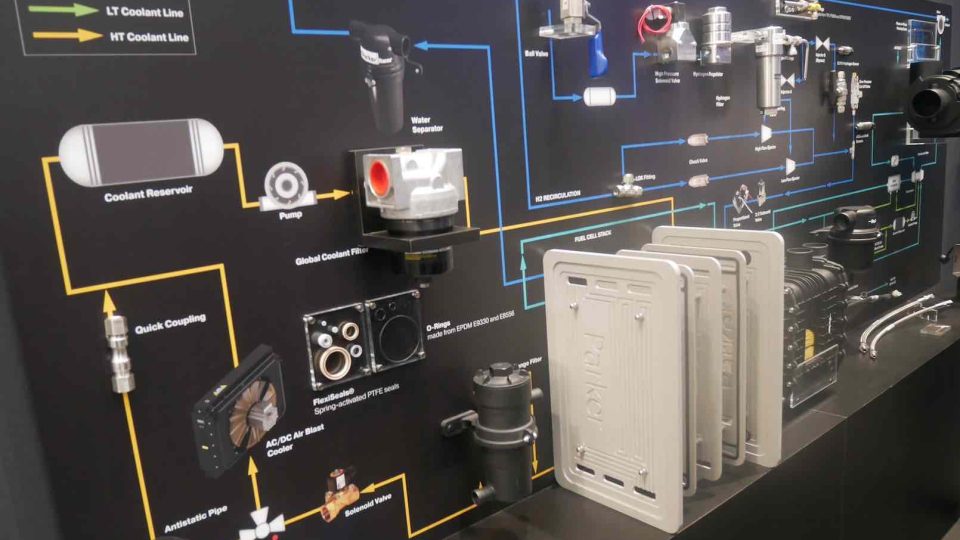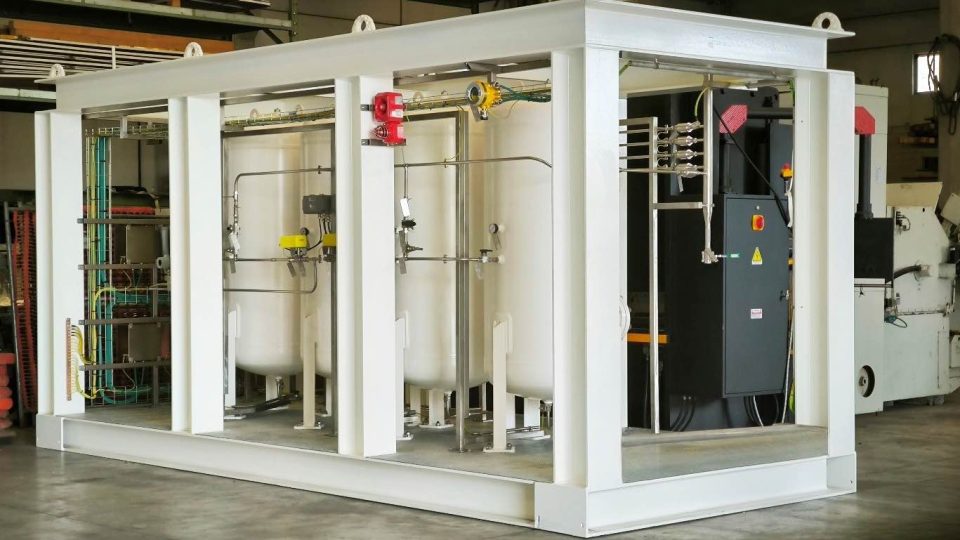Powertrain electrification isn’t the only way
Recently, a lot of attention went to the full electrification of commercial vehicles. It’s quite a dramatic shift in a very mature, conservative global market. However, this isn’t the only way of reducing emissions. The problem of idling can be solved with electrification Idling is a source of air pollution and an inefficient use of […]
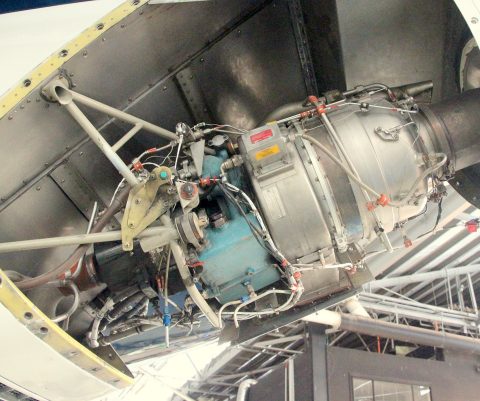
Recently, a lot of attention went to the full electrification of commercial vehicles. It’s quite a dramatic shift in a very mature, conservative global market. However, this isn’t the only way of reducing emissions.
The problem of idling can be solved with electrification
Idling is a source of air pollution and an inefficient use of a truck’s engine and fuel. However, for vehicles in locations of temperature extremes or carrying temperature sensitive goods, the use of engine power while stationary is essential to keep the cabin hot/cold and maintaining the temperature of the trailer. Historically, this has been achieved through the engine idling, or a diesel-powered auxiliary power unit (APU). However, both create pollution and are also noisy.
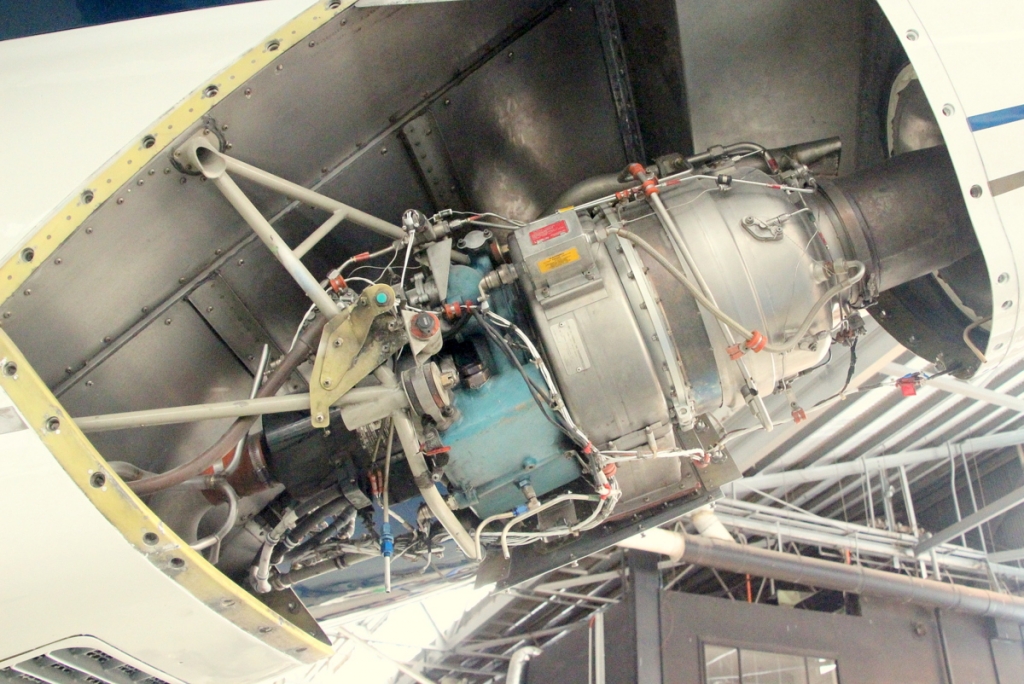
Recently, there has been a focus on using shore power that can be used to power a vehicle’s auxiliary systems. Furthermore, electric APUs that feature a battery and are supplemented through renewable power (from solar or regenerative braking) are gaining traction and market acceptance.
Recent development in shore power
NomadPower offers an electrical charging network for transport refrigerators and freezers. By plugging into one of the 300 NomadPower power points and activating them with their smartphone, drivers can cool using electricity during their rests. The network of power points is now available at more than 40 truck parks in 7 European countries.
Shorepower Technologies is a company that manufactures transportation electrification equipment for: Truck Stops (TSE), electric Transport Refrigeration Units (eTRU) and Electric Vehicle Supply Equipment (EVSE). Shorepower Technologies buiult parking spots where long-haul trucks and refrigerated truck trailers can draw power from the grid rather than idle their engines when parked.
Duke Energy has invested in providing shore power at several locations in the US. It is developing plugs to power refrigerated trailers, so truckers won’t need to run diesel compressors. This will help lower exhaust emissions.
ROLLS-ROYCE AND ELECTRIFICATION DEVELOPMENT
There is also solar power for electrification
The use of solar panels on trucks is not new, particularly as a way of maintaining the charge of on-board batteries when not in use. Now, solar solutions are also gaining traction as a way of reducing fuel consumption. They can operate to electrify ancillary functions.
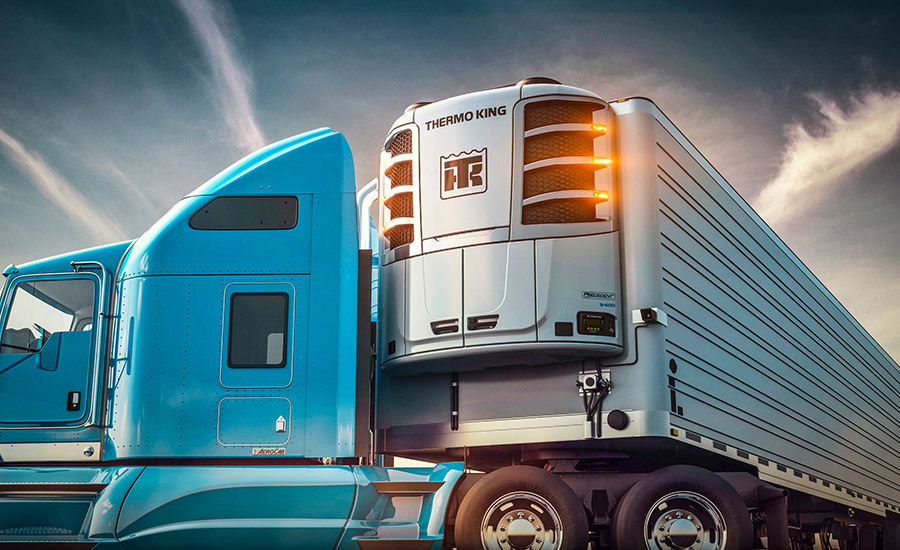
An example of development in this sense is the case on Thermo King and Chanje. The two companies are partnering to develop an all-electric refrigerated van that uses solar panels to maintain the temperature of the carried goods and reduce the impact on the powertrain battery.
What about nitrogen-based engines
In early 2019, Sainsbury’s became the first company in the world to introduce a refrigerated delivery truck cooled by a liquid nitrogen powered engine. A solution that eliminates all emissions associated with refrigeration. During the three-month trial the vehicle will save up to 1.6 tonnes of CO2. The trial will also save 37 kg of nitrogen oxides and 2 kg of particulate matter.
The engine comes from Dearman and it is a novel piston engine driven by the expansion of liquid nitrogen or liquid air. Dearman engines operate like high-pressure steam engines, but the low boiling temperature of liquid nitrogen means that low-grade or ambient heat can be used as a heat source, eliminating the need for a traditional fuel.
All this alternative solutions are more and more coming to the table of available options. Yet it is still too soon to determine if the time is right for such a transition in the market. For now, we can keep on observing the current development.





